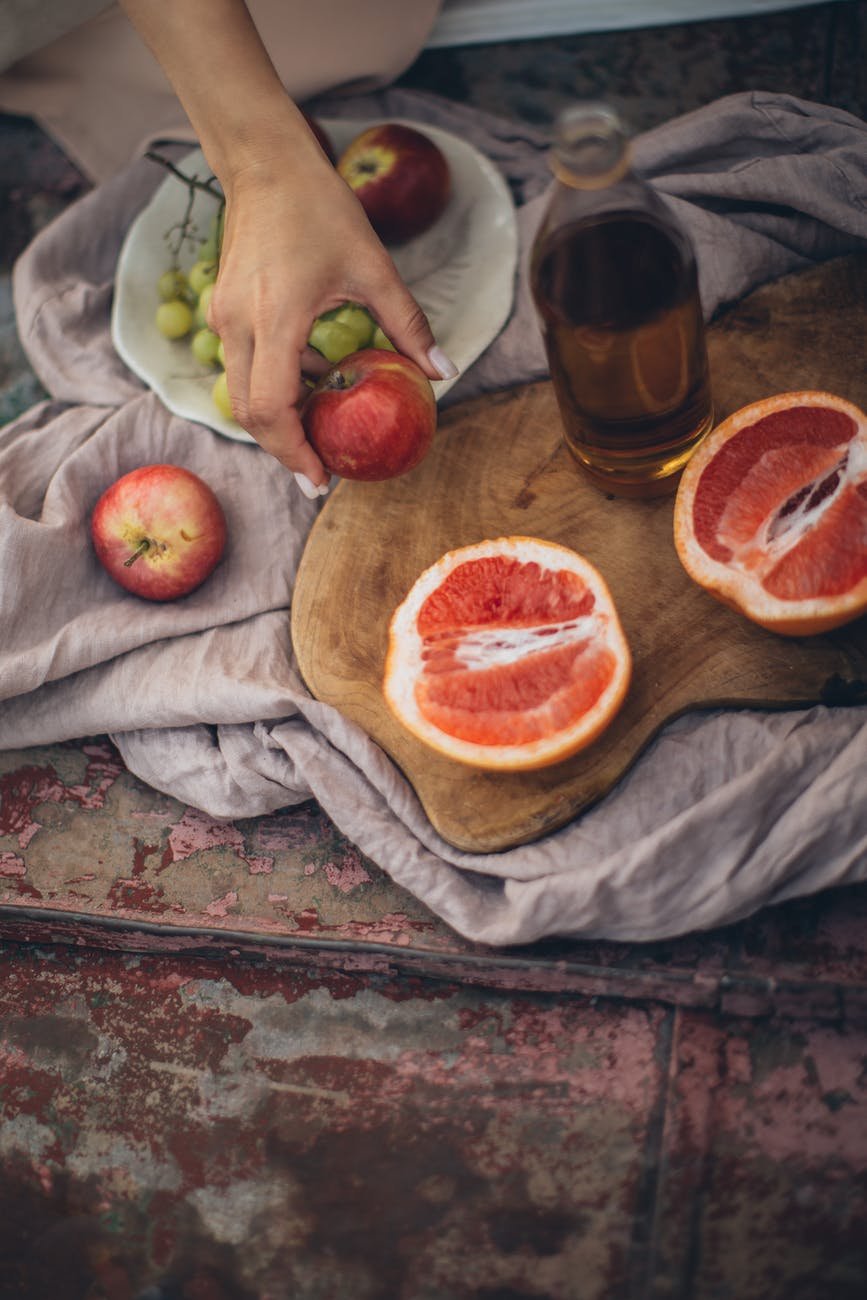Hay fever and allergies are not always a spring thing. Research suggests that imbalances in gut bacteria may be linked to these symptoms all year round. Shonagh Walker reports.
Allergies *, in particular hay fever like symptoms, affect up to thirty percent of Australian adults, according to Dr Emma Beckett, molecular nutritionist from The University of Newcastle. They may present in symptoms like a runny, congested or itchy nose, sneezing, and watery, scratchy eyes. And they’re not necessarily limited to the spring months. According to Dr. Beckett, they can be related to an imbalance in gut bacteria and occur all year round.
“These symptoms frequently appear when we come into contact with allergens like dust, pollens or grasses,” says Dr. Beckett. “Some of us release of lots of histamines in response to these allergens, causing an inflammatory response. Why some of us make these antibodies and have this response, but others don’t, isn’t really clear. It’s likely a complex combination of genetics and exposure to allergens and infections in our earlier lives.
“However, there is growing evidence that our gut microbiomes, the bacteria and other microbes that live normally in our guts might be part of determining our risk and our control of allergic symptoms.”

How The Gut Is Connected To Allergies And Hay Fever Symptoms
“Healthy gut bacteria produce molecules like short chain fatty acids, which are absorbed into our blood and help reduce inflammation in other parts of the body,” says Dr. Beckett. “These compounds help regulate our immune systems, which overreact when it comes to allergies and hay fever. These compounds also interact with other cells to help control inflammation, often caused by symptoms of hay fever and allergies.”
Foods To Help Combat Allergies And Hay Fever
“Food that nourishes your good gut bacteria might help reduce some symptoms of seasonal allergies like hay fever. This is because the good bacteria are the ones that help us with our immunity and control inflammation,” explains Dr. Beckett.

“You can put new good bacteria into your gut by eating foods that contain probiotics, such as yoghurt. But the most important thing is to feed the good bacteria already there, so they can colonise the gut effectively. Eating a high fibre diet with prebiotics like fibre cereals, wholegrains, legumes, fruits and vegetables to help feed the bacteria in the gut, will ensure they grow and help with our overall gut health. Foods high in natural plant fibres are sources of prebiotic fibre.”
“Fruits and vegetables have compounds like quercetin and vitamin C, which act as natural antihistamines. There is a clear overlap in foods with vitamin C and quercetin like citrus fruits and green leafy veg. They also all contain dietary fibres and by eating a wide range of fibres, we nourish the diversity of gut bacteria. We see lower diversity in people with hay fever and asthma. If you choose fruit and vegetables high in vitamin C and quercetin you will get the added bonus of these natural antihistamines. These include citrus fruits like oranges, strawberries, broccoli, Brussels sprouts and leafy greens like kale and spinach. Quercetin is most abundant in apples, raspberries, onions, cherries, citrus fruits and green leafy vegetables.”

The Spice Of Life
Variety is key, stresses Dr Beckett. “You can incorporate these fruits and vegetables alongside breakfast cereals and breads to increase your fibre intake. Fibre breakfast cereals like All-Bran Flakes, whole grains and high fibre breads are affordable and an easily accessible way to get fibre into your diet right from the start of the day.”
Other hot tips include using herbs like basil and oregano and well as hot spices when preparing your food. “It is a great way to add flavour without increasing energy intake,” reveals Dr. Beckett. “They are also a great source of bioactive compounds, which promote good health. Green tea also contains a compound called epigallocatechin gallate (EGCG). This compound has been shown to block the production of histamine. Hot spices like chillies can also help relieve symptoms because they contain compounds like capsaicin that act as natural decongestants.”
Foods To Avoid
Dr. Beckett highlights there are certain foods that can exacerbate our natural reaction to certain mild allergic reactions and yes, they’re exactly what you’d think they are.
“High calorie, high fat and high alcohol diets can increase inflammatory responses by damaging your good gut bacteria which can make symptoms worse,” she says. “Avoiding large amounts of alcohol and eating excess calories may also help protect your gut.”
*This advice doesn’t include severe allergies and reactions to substances like nuts, eggs, shellfish and the like. If you have reactions to foods such as this, you should consult your GP to get a referral to an allergy specialist for full diagnosis and allergy reaction management.
